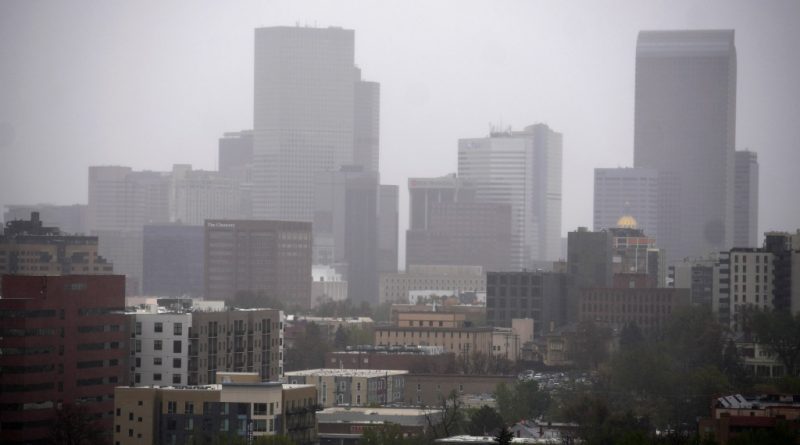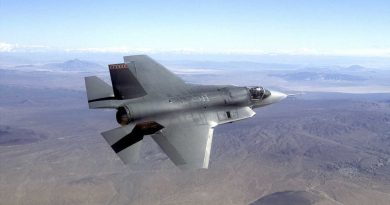Denver weather: Cloudy with thunderstorms, rain clearing pollution
Sunny skies with patches of blue were changing as clouds wafted over metro Denver Thursday morning, leading to scattered afternoon rain and thunderstorms that could bring wind gusts and possible lightning, according to the National Weather Service.
The anticipated hotspots for storms included northern mountain canyons and foothills, the Palmer Divide between Denver and Colorado Springs, and the far northeastern plains.
State health officials have issued an air quality alert, effective through 4 p.m. Thursday, warning that ground-level ozone pollution levels are rising and that, while afternoon rain clears the air, a build-up of pollution before storms hit threatens sensitive groups — the elderly, children, and people with respiratory ailments.
The high temperature in Denver Thursday will be 78 degrees — a bit below normal for June — increasing to around 80 degrees Friday, weather service forecasters said. At night, the temperatures will decrease to around 55 degrees. Forecasters estimated the likelihood of rain at 50%. On Friday afternoon and into the weekend, severe storms are possible, forecasters said.
Some thunderstorms are expected to bring lightning, wind gusting at speeds up to 15 miles per hour and heavy rain, raising risks of sudden flooding in forest fire burn zones including the Cameron Peak, East Troublesome, and Williams Fork scars. Storms over the Palmer Divide may be intense with hail near an inch in diameter with damaging winds.
Colorado Department of Public Health air quality officials said “delayed storm development is expected to allow ozone concentrations to reach the Unhealthy for Sensitive Groups category” along the Front Range west of Interstate 25. Air pollution at that level increases breathing trouble, especially for people with asthma and other lung problems. Health officials advised reduced outdoor activity and they urged residents in metro Denver and northern Front Range cities to reduce driving in vehicles that burn gas or diesel — a way to collectively minimize harm.
Source: Read Full Article


